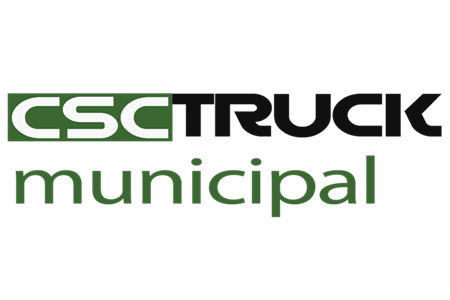When we think about frozen pipes, the image of a burst water pipe during the frigid winter months often comes to mind. However, it’s not just water pipes that can succumb to freezing temperatures. Sewer pipes, although less commonly discussed, are also susceptible to freezing. The consequences of frozen sewer pipes can be just as troublesome and costly as those of frozen water pipes. In this article, we will explore the reasons behind sewer pipe freezing, the potential problems it can cause, and preventive measures to protect your sewer system during cold weather.
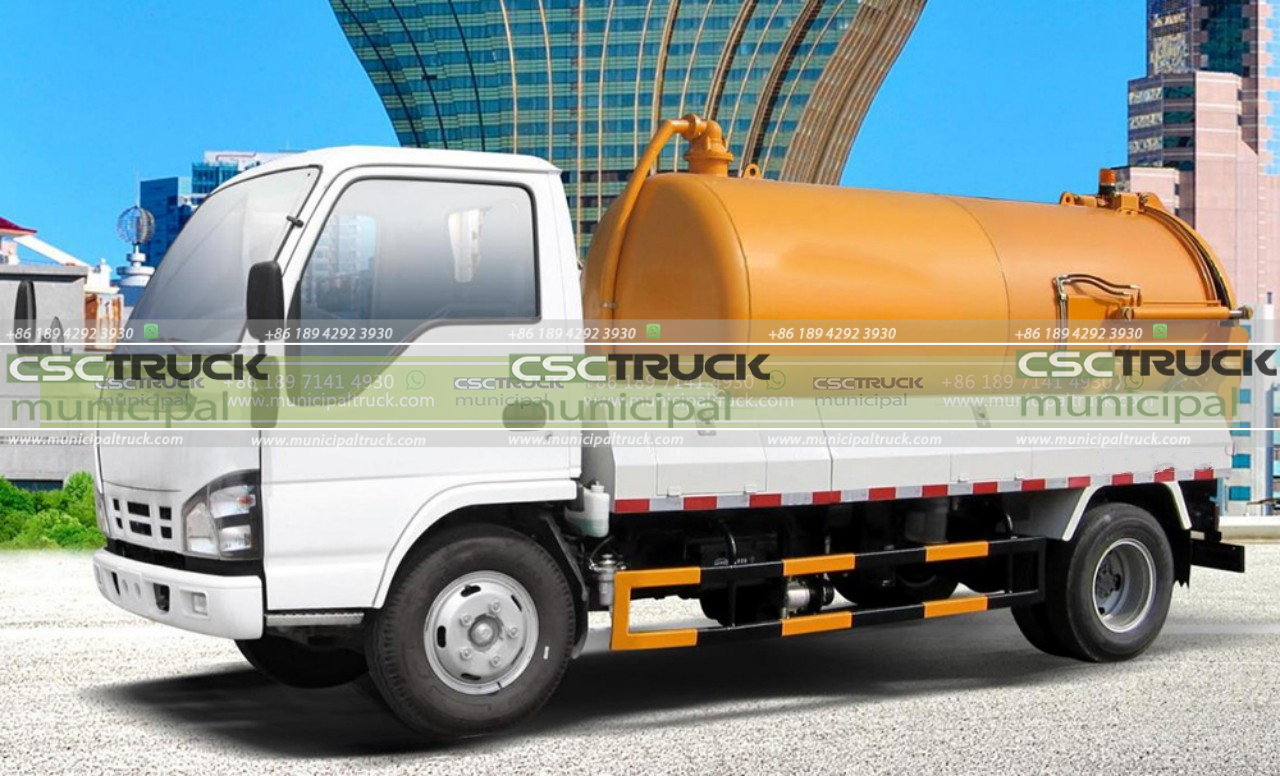
Understanding Sewer Pipes
Before delving into the topic of frozen sewer pipes, it’s important to have a basic understanding of how they function. Sewer pipes are an integral part of a plumbing system that carries wastewater away from homes and buildings to a treatment facility or septic tank. These pipes are typically made of sturdy materials such as PVC (polyvinyl chloride) or cast iron, designed to withstand the flow of waste and the test of time.

Why Do Sewer Pipes Freeze?
While sewer pipes are built to endure various conditions, they are not immune to freezing temperatures. There are a few reasons why sewer pipes can freeze:
- Insufficient insulation: If sewer pipes are not adequately insulated, they are more vulnerable to freezing. Insulation acts as a barrier, protecting the pipes from external temperature fluctuations.
- Shallow pipe placement: In regions with colder climates, sewer pipes may be installed closer to the surface to minimize digging costs. However, this can increase the risk of freezing since the pipes are exposed to colder air temperatures.
- Slow or stagnant flow: Sewer pipes rely on a steady flow of wastewater to prevent freezing. If there is a decrease in water usage, such as during periods of low occupancy or when the taps are rarely turned on, the flow can become slow or even stagnant. This stagnant water is more susceptible to freezing.

Problems Caused by Frozen Sewer Pipes
When sewer pipes freeze, several problems can arise, causing inconvenience and potential damage:
- Blockages and backups: The frozen section of the sewer pipe can block the flow of wastewater, leading to backups and potential flooding in homes or commercial buildings. This can result in costly repairs and property damage.
- Pipe damage: As water freezes, it expands, exerting pressure on the surrounding pipes. This pressure can cause pipes to crack or burst, leading to significant damage that requires immediate attention.
- Sewer gas leaks: Frozen pipes can also prevent sewer gases from properly venting out of the system. As a result, these gases can build up within the plumbing system and potentially leak into living spaces, causing unpleasant odors and health hazards.
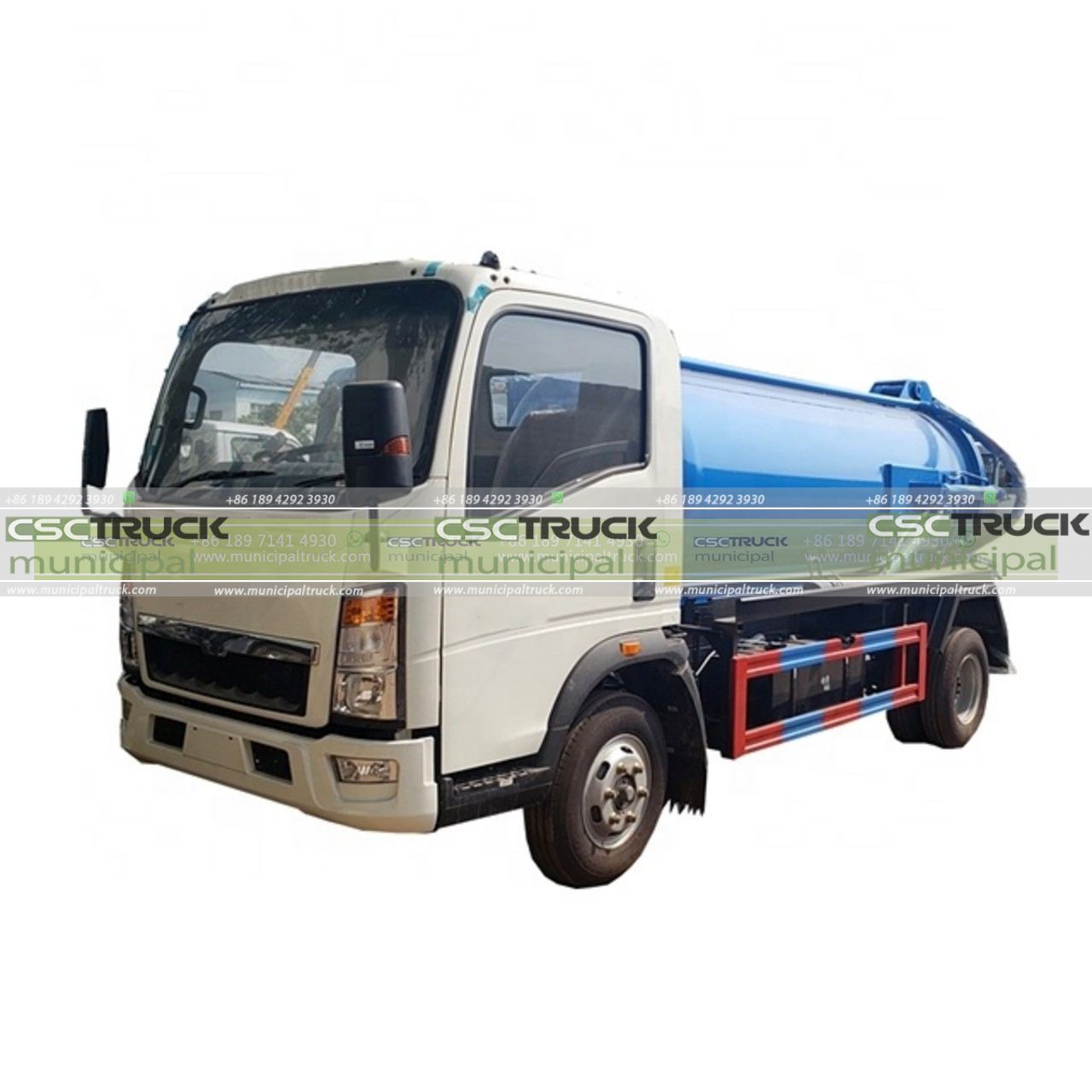
Preventive Measures
Preventing sewer pipe freezing is crucial to avoid the associated problems and expenses. Here are some preventive measures you can take:
- Insulate the pipes: Proper insulation is vital to protect sewer pipes from freezing. Insulation sleeves or tape can be wrapped around the pipes to provide an extra layer of protection.
- Maintain a consistent temperature: Ensure that your home or building is adequately heated during colder periods. This will help maintain a consistent temperature in areas where sewer pipes are located.
- Allow faucets to drip: Allowing faucets connected to the sewer system to drip slightly can help keep the water flowing, reducing the risk of freezing. Moving water is less likely to freeze than stagnant water.
- Seal drafts: Inspect the areas around sewer pipes for any drafts or air leaks. Seal any gaps or cracks in walls, floors, or foundations to prevent cold air from reaching the pipes.
- Keep usage consistent: During periods of low occupancy or extended vacations, it’s essential to maintain a consistent level of water usage. This helps ensure a steady flow of wastewater to prevent stagnant water in the sewer pipes.
- Consider heat tape: Heat tape, also known as heating cable, can be installed along the length of sewer pipes to provide controlled heat and prevent freezing. This can be particularly beneficial in areas prone to extremely cold temperatures.
- Professional inspection: It’s advisable to have your sewer system inspected by a professional plumber. They can identify any potential vulnerabilities or areas that require improvement in terms of insulation or pipe placement.
- Drain the system: If you know that extremely cold weather is imminent or if you plan to leave your property unoccupied for an extended period during winter, consider draining the entire sewer system. This eliminates the risk of freezing altogether.
- Monitor weather forecasts: Stay informed about the weather conditions in your area. When extremely cold temperatures are expected, take extra precautions to protect your sewer pipes. For example, you can temporarily increase the thermostat setting to maintain a warmer indoor environment.
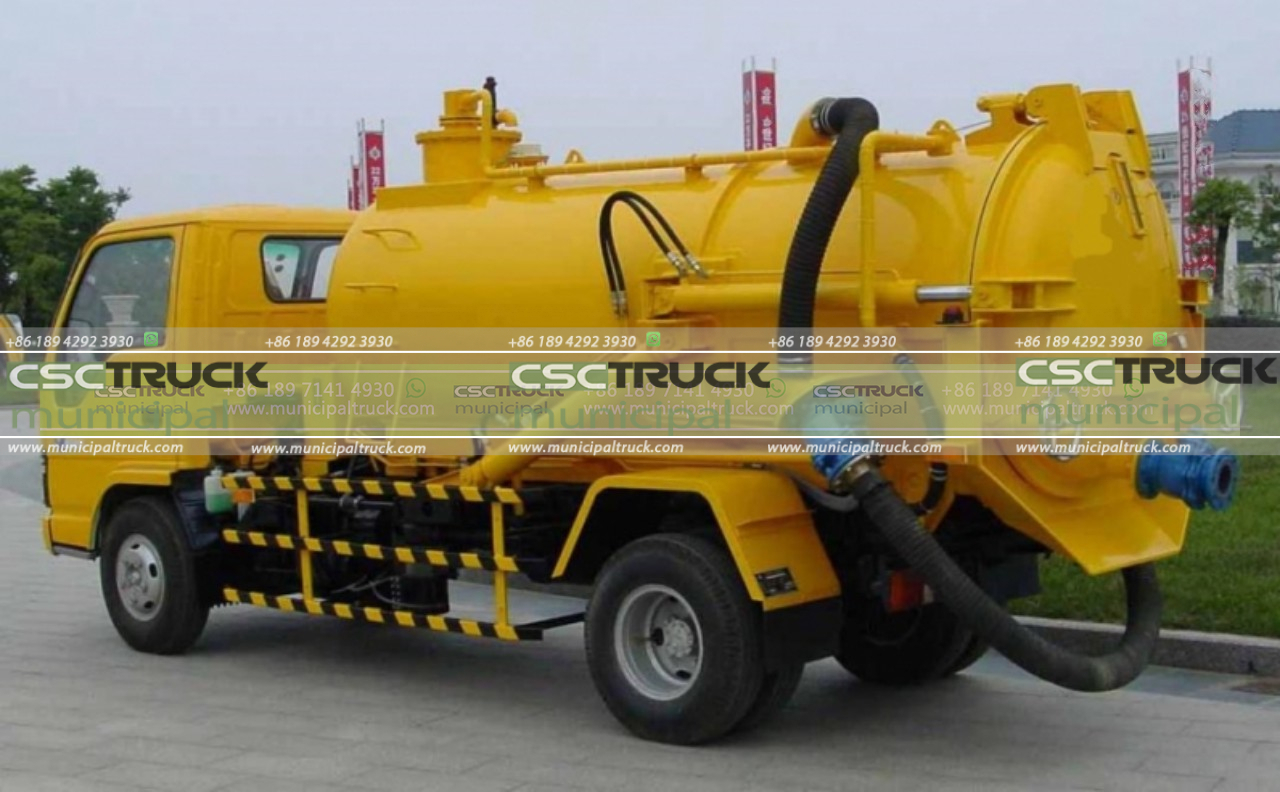
Conclusion
Frozen sewer pipes are a less discussed but equally concerning issue than frozen water pipes. Understanding the causes and potential problems associated with frozen sewer pipes is crucial to take appropriate preventive measures. By insulating the pipes, maintaining consistent temperatures, allowing faucets to drip, and sealing drafts, you can reduce the risk of sewer pipe-freezing significantly. Additionally, considering heat tape and professional inspections can provide an added layer of protection. By implementing these preventive measures, you can safeguard your sewer system, avoid costly repairs, and ensure the smooth operation of your plumbing even during the coldest winter months.
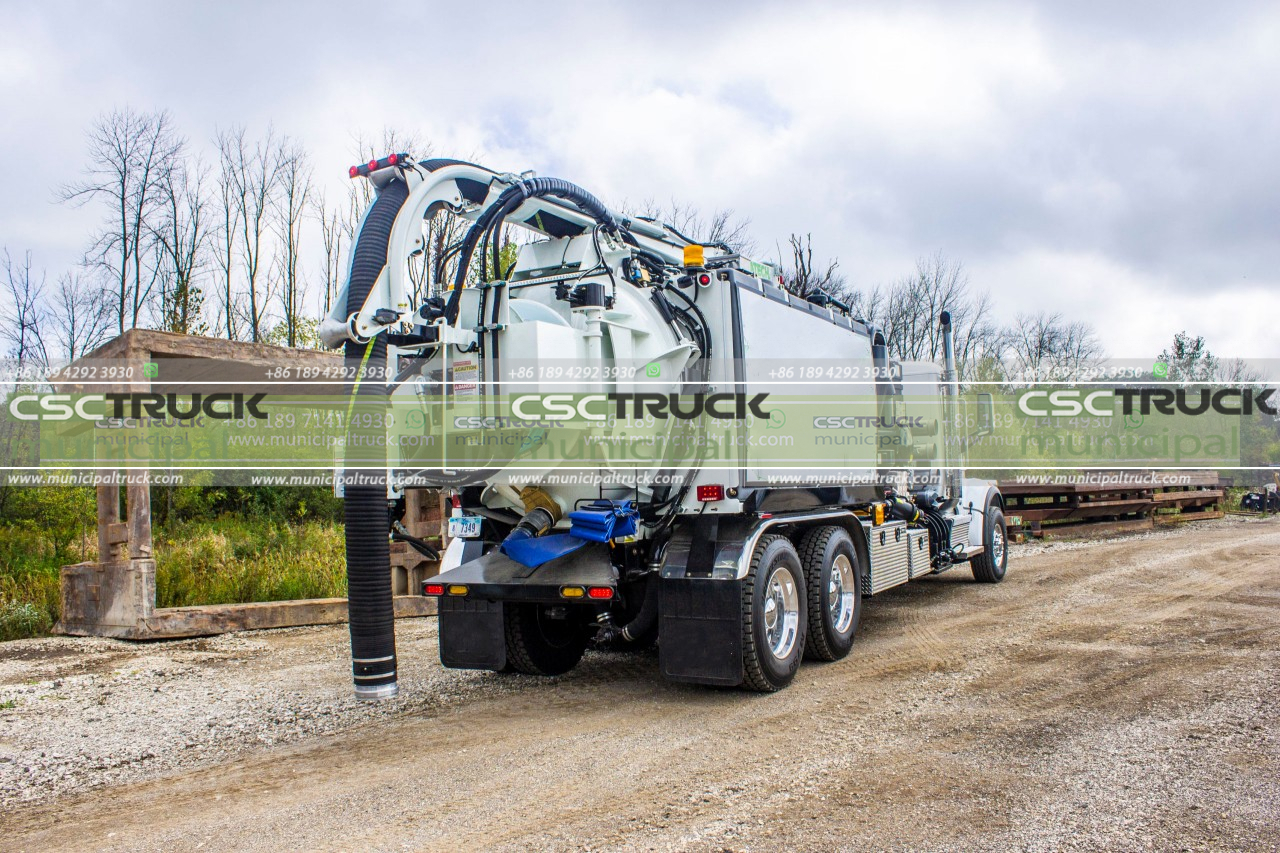
Contact us for this municipal truck or similar trucks: [email protected] Call us or What's APP us: +86 189 4292 3930
